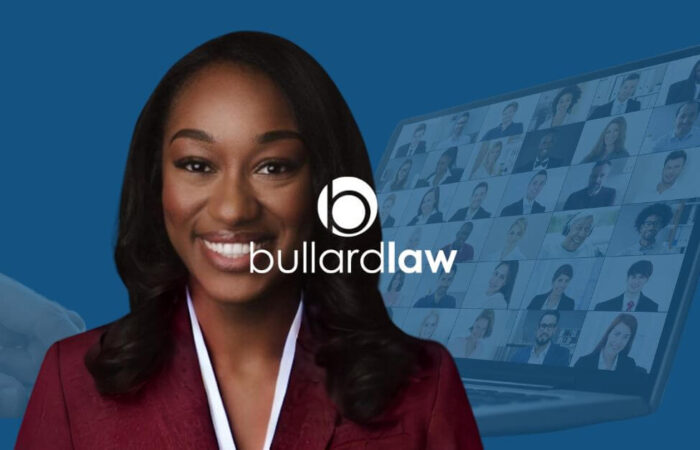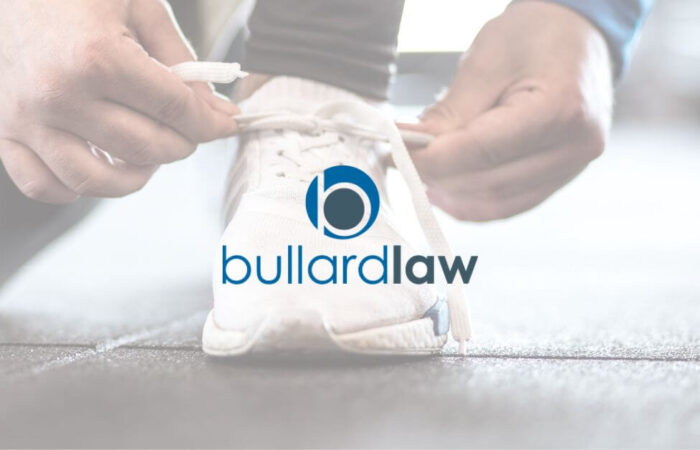Join Bullard Law's free online webinars on wills and estate planning. Gain guidance from an attorney, practical tools, and insights to secure your family's future. Learn more and register today!

Does being a mediator make me a better attorney?
As a seasoned attorney in Florida with certifications as a mediator and arbitrator, I’ve integrated mediation skills into my practice to enhance legal advocacy. Acting as a mediation attorney in Florida, I’ve handled diverse cases—from complex commercial disputes to foreclosure proceedings. I’ve witnessed firsthand the profound impact of mediation in achieving efficient and meaningful resolutions.
My journey into mediation began with a profound realization: while litigation has its place, resolving disputes through mediation often yields more satisfactory outcomes for all parties involved. In Florida, where judges frequently mandate mediation, I’ve witnessed firsthand its ability to foster open dialogue and mutual understanding among adversaries.
Mediation has fundamentally reshaped my approach to advocacy. It’s not merely about arguing legal points but about facilitating conversations that transcend immediate differences. This approach allows me to craft solutions that address underlying interests and concerns, minimizing costs and emotional strain for my clients.
Reflecting on the impact of mediation training, I recall, “My transition into mediation was driven by a desire to achieve meaningful resolutions outside the courtroom.” This shift from adversarial to collaborative problem-solving has not only enhanced client outcomes but has also streamlined the legal process.
In practice, I’ve found mediation particularly effective in bridging communication gaps between parties. “Understanding each side’s perspective and identifying common ground is essential,” I’ve come to realize. This approach not only strengthens negotiation strategies but also cultivates empathy and constructive dialogue.
I believe in the imperative of integrating mediation skills into legal practice. Encouraging fellow attorneys to consider mediation alongside traditional litigation can expedite dispute resolution and alleviate court backlogs. This dual approach empowers clients to play an active role in shaping their legal outcomes, enhancing overall client satisfaction.
Looking ahead, “imagine a future where every attorney incorporates mediation skills into their toolkit,” I muse. This paradigm shift can reduce litigation, shorten court proceedings, and ultimately serve clients more effectively by fostering collaboration and understanding.
Below is a list of my partial mediation practice areas:
– Collections Disputes
– Business Law Disputes
– Post Judgement Collection Disputes
– Bankruptcy Disputes
– Commercial/Business Loan Disputes
– SBA Loan Disputes
– Bankruptcy Foreclosures Disputes
– Commercial and Residential Foreclosures
– Contracts Disputes
– Creditors’ and Debtors’ Rights Disputes
– Homeowner Disputes
– Insurance Disputes
– Landlord and Tenant Disputes
– Probate Disputes
– Real Property Disputes
– General Litigation
In conclusion, my journey as a mediator has enriched my practice by deepening my understanding of legal complexities and human dynamics. It’s about finding holistic solutions that honor the interests and dignity of all parties involved. As I continue to integrate mediation into my legal advocacy, I remain committed to championing a future where collaboration prevails over confrontation, ensuring that justice is served effectively and compassionately.
Want to schedule a mediation or arbitration? Get in touch with Bullard Law today and we’ll start this important journey together >>> https://bullard-law.com/contact/



